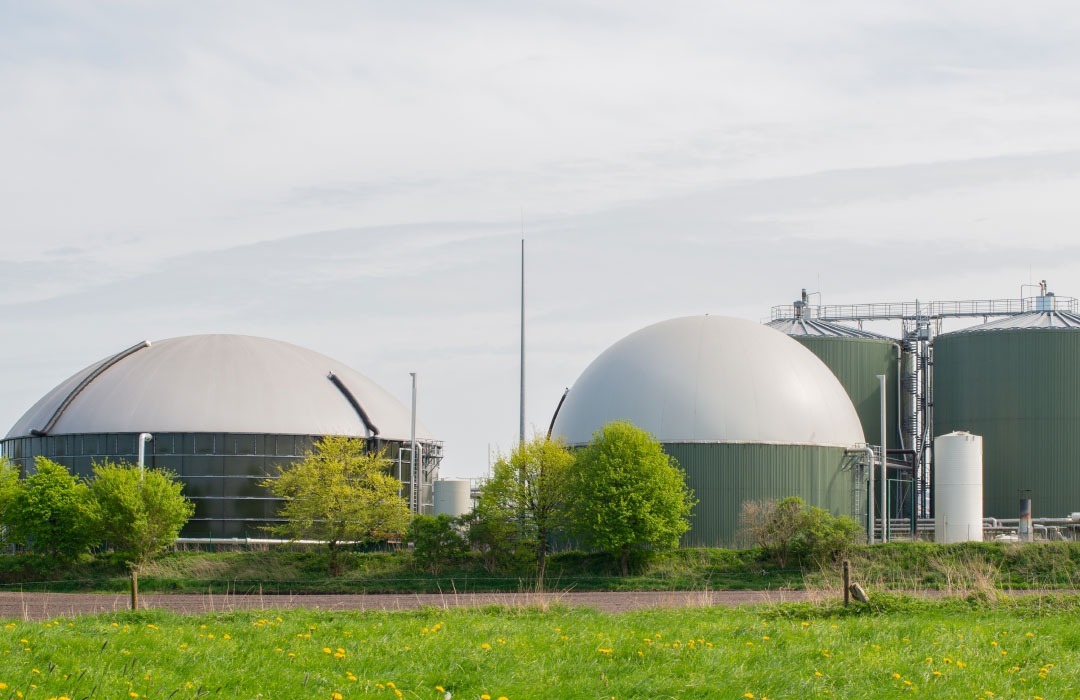Political risk factors in investment decision: Projects RH’s Approach
At Projects RH, we are called upon to evaluate projects in different sectors around the world. One of the important considerations is determining discount rates for evaluating different investments. One of the factors we need to consider in determining the discount rate is political risk. Most investors generally think of political risks as associated with changes of regime. Today, there are many other factors and the need for a longer perspective.
As a project promoter, it is important to understand that investors are not only concerned about political risk where the investment is today but also in the future. Recently, we participated in a discussion with an Asian-based investor who was expressing deep concerns about potential issues in the United States arising from uncertainties which emerge in the potential 2nd Presidency of Donald Trump.
For Projects RH and our team, it is important to be clear that we do not have a political agenda, but rather we work with investors or companies that would like to receive an investment to present a realistic case for the opportunity. We receive and seek data and do analytical work but equally we are not blind, and as we work with the world we keep abreast of concerns and underlying political trends.
The issue of political or sovereign risk for Projects RH’s clients generally arises because they are resource companies and, frankly, the resources are where you find them or, secondly, they are in an industry and they wish to take their skills to another market.
Currently, for example, we are looking at copper projects in North America, South America, Cyprus, Australia, and North Asia, and solar opportunities across the world. Our clients are asking us to rank potential investments for them. One of the factors we need to take into account is political risk.
History tells us to look for the signs
The first consideration we have is whether the local environment is too politically risky to invest in. In this case, there is a limited number of specialist investors with deep balance sheets who understand and can deal with the opportunity. For the team at Projects RH, this is a rare decision to see a currently politically risky investment. More commonly, we are called upon to look at risk where there is a limited present fear of expropriation but more likely a change in economic circumstances, such as taxes, royalties, and restrictions on exports.
Start with the facts
At Project RH, we need to start with an understanding of the general political environment of the country we are looking to invest in and any major announcements by groups with significant political interest and muscle that can impact the proposed investment. This impact can be sourced from a dislike of the source country, the investment, the sector I wish to invest in, and even local political risk, often associated with environmental issues.
There is a difference between freak events like the prisoners escaping in Ecuador and the white-shirted conservatives marching against a socialist President in Colombia. In contrast, the actions of extremists in Venezuela and Russia are worrying. Political risk also changes with shared prosperity. Indonesia, Panama, Vietnam, and South Africa are very different today than a decade ago, as are Lebanon, Turkey, and Israel.
Globally, we have centuries-old issues of faith and land heritage. The reality is that most national boundaries are but lines on a map. Over the last thousand years, these lines have moved and have been rubbed out. Religious beliefs have risen and changed. Many people have good-sounding claims to the same land. History has been cruel and lucky depending on your view.
The French are famous for accepting the “status quo.” I guess at Project RH, we have no baggage, so we accept what is as is. We are apolitical and work for our clients and their investors. Our business needs free enterprise and the movement of ideas, skills, and capital plus trade.
What is political risk?
Political risk can be defined as events of political violence, such as war, coup d’état, insurrection, revolution, sabotage, strikes, riots, and terrorism, which cause physical damage to, or abandonment of assets or operations and result in the loss of business income. This includes the seizing of assets and the freezing of bank accounts.
While many may think “this will never happen to me,” governments freezing the assets of companies, individuals, and governments they do not like has happened before. These actions are more likely when there is a political shift to the left or right. One way to reduce this risk is to obtain political risk insurance. Although it does have a cost, the expense reflects the amount of risk being undertaken. For businesses such as mining companies, their investment is long-term and not easily moved.
Using Political Risk Insurance to reduce risk.
Most investors wish to reduce their external risks to those within acceptable bounds. Investors usually pay more to reduce risk, and it’s crucial they understand their core business. Many clients of Projects RH are keen to invest in renewable energy (with carbon credits) and are willing to only accept or retain a certain level of political risk. If a project is particularly attractive, they will start to look at the risk and cost. This is critical when looking at similar projects in different jurisdictions. For example, there are solar projects available to invest in Papua New Guinea, Bangladesh, California, Spain, and Morocco. Each of these projects will generate carbon credits which can be sold in different markets and they will generate energy which will be sold in local markets.
With due diligence, advisors to the investor would prepare financial models on each of the project opportunities. However, models do not always automatically cover financial or political risk. To ensure comparing like with like, analysts would prepare models which contain internal rates of return and net present value calculations. One way to ensure this is to use a local debt rate back to add political risk insurance premiums based on loss of revenue and loss of capital.
At Projects RH, the general experience is that for projects with a capital value of over USD 20m, the annual charge for political risk insurance is somewhere between 1% and 4%, and a number of projects are ‘uninsurable.’ Interestingly, the premium is akin to the margin expected for investments in emerging markets. One can expect that you’re addressing a similar risk profile. Second, it’s important to understand that there are fees associated with putting these programs in place, and third, you may not be able to get 100% cover.
Depending upon the investor, it may be something they do as a matter of course. In many multinational companies, one of the methods of comparing unlike transactions is to add a risk premium for the activity done and a further risk premium for the location. Our experience is that most of RH Projects’ clients finance their projects individually for a specific group of investors. They do not have a wide range of projects, which means they are unable to effectively self-insure and must turn to the professional insurance market.
Accepting that insurance will not give 100% coverage, it will provide a significant recovery of assets that are destroyed or confiscated. It will give a realistic change in the investment hurdle rate, particularly for companies trying to rank and align projects. Insurers, brokers like Marsh and Aon, have detailed and global understanding of risk and they can provide some cover and advice. This advice should be heeded, especially when they say it is uninsurable.
One criticism of this approach is it adds the cost up front to the project because the insurance cover needs to be taken out once the investment deployment is made and construction starts. At Projects RH, we see it as a normal cost of business and more importantly, a price for getting both equity and debt. There is no doubt that it will look most favorable on seeing the investment being insured by an AA plus insurer.
What is important in preparing the financial analysis of an insured project is to make sure that the model doesn’t double-count the risk and the cost of the insurance. In short, you should have one or the other. This does not mean that a project that has sovereign or political risk insurance suddenly becomes an AAA investment, but rather that the issues associated with the location should be mitigated. As mentioned above, it is rare that you will get 100% cover, and more importantly, if the event does occur, most companies will have internal costs that will not be insured. What the insurance does allow is for the investment to be put on a more level playing field so using the example above, an investment in solar in Bangladesh or Spain can be appropriately analyzed based on returns. It is commonly argued that businesses should accept the risks and retain the premium. This may be applicable for the major international resource and energy companies that muffle most companies; this is not the case. What is important is to gain an appropriate right of return of the asset.
For example, if it costs USD 70m to build and own a 100 MW power project in most parts of the world and the investor wants a 15% return on equity and 9% on debt, the WACC (Weighted Average Cost of Capital) would be about 12%. If the cost of insurance in Spain is 1% of the sum insured and 3% in Bangladesh, then the investor should prefer a 13.5% return in Spain to a 15.5% return in Bangladesh.
The Global Experience
After 20 years of experience, we know that unexpected things can go wrong, including governments having a change of heart. Businesses must understand that when moving into different jurisdictions or having foreign investments, they’re exposed to political risk issues. It may not be necessary to have 100% insurance coverage, but it is a factor that must be included in any analysis and importantly a cost which should be included in the financial modelling.
It’s interesting that during investment discussions with host governments and local communities, everything appears fine. However, five years after production, opportunities to get more for the community may seem tempting. Companies must pay taxes and perhaps have a royalty levied on them, but we see states wanting to take over assets because they’ve become critical to a country’s economy. This has happened recently with gold companies, copper projects, and energy infrastructure. It’s important to note that the risk doesn’t go away once the project is built.
Take the risk or the insurance?
In the world of business, clients of Projects RH are often presented with various opportunities, whether they are in the same industry or not, that need to be ranked and are occurring in multiple jurisdictions. Most of Projects RH’s clients still consider projects worth $100 million as significant to their balance sheets and a set of project risks that they need to manage. We often discuss political risk with them and emphasize the need to consider it in their decisions. We believe that the insurance market provides a realistic barometer and an essential product that can help secure funding on many occasions. We also accept that they have an important role in telling us no – it is uninsurable.
I have worked for organizations with large balance sheets that, due to their global experiences and core business, can take on risks that insurers would not. They can even price those risks. Deciding to take on such risks requires a sophisticated evaluation, which is effectively a 100% equity investment decision. These organizations make well-considered and carefully understood business decisions, rather than whimsical investment choices.
If your company were to expand to a new country, would you opt for political risk insurance, or do you believe that your investors would expect your company to take on such risks?
By Paul Raftery, CEO of Projects RH. We are happy to receive questions of comments at paulraftery@projectsrh.com
PS: This article was written in response to a question asked by one of our own team.




